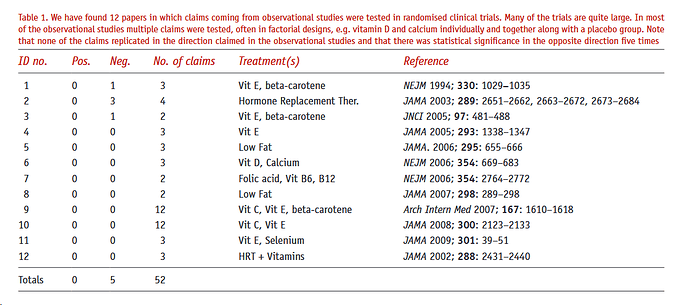MJ O'Donnell, S Yusuf, A Mente, P Gao, JF Mann, K Teo, M McQueen, P Sleight, AM Sharma, A Dans, J Probstfield and RE Schmieder,
JAMA, Nov 23 2011
The precise relationship between sodium and potassium intake and cardiovascular (CV) risk remains uncertain, especially in patients with CV disease.To determine the association between estimated urinary sodium and potassium excretion (surrogates for intake) and CV events in patients with established CV disease or diabetes mellitus.Observational analyses of 2 cohorts (N = 28,880) included in the ONTARGET and TRANSCEND trials (November 2001-March 2008 from initial recruitment to final follow-up). We estimated 24-hour urinary sodium and potassium excretion from a morning fasting urine sample (Kawasaki formula). We used restricted cubic spline plots to describe the association between sodium and potassium excretion and CV events and mortality, and to identify reference categories for sodium and potassium excretion. We used Cox proportional hazards multivariable models to determine the association of urinary sodium and potassium with CV events and mortality.CV death, myocardial infarction (MI), stroke, and hospitalization for congestive heart failure (CHF).At baseline, the mean (SD) estimated 24-hour excretion for sodium was 4.77 g (1.61); and for potassium was 2.19 g (0.57). After a median follow-up of 56 months, the composite outcome occurred in 4729 (16.4%) participants, including 2057 CV deaths, 1412 with MI, 1282 with stroke, and 1213 with hospitalization for CHF. Compared with the reference group with estimated baseline sodium excretion of 4 to 5.99 g per day (n = 14,156; 6.3% participants with CV death, 4.6% with MI, 4.2% with stroke, and 3.8% admitted to hospital with CHF), higher baseline sodium excretion was associated with an increased risk of CV death (9.7% for 7-8 g/day; hazard ratio [HR], 1.53; 95% CI, 1.26-1.86; and 11.2% for >8 g/day; HR, 1.66; 95% CI, 1.31-2.10), MI (6.8%; HR, 1.48; 95% CI, 1.11-1.98 for >8 g/day), stroke (6.6%; HR, 1.48; 95% CI, 1.09-2.01 for >8 g/day), and hospitalization for CHF (6.5%; HR, 1.51; 1.12-2.05 for >8 g/day). Lower sodium excretion was associated with an increased risk of CV death (8.6%; HR, 1.19; 95% CI, 1.02-1.39 for 2-2.99 g/day; 10.6%; HR, 1.37; 95% CI, 1.09-1.73 for <2 g/day), and hospitalization for CHF (5.2%; HR, 1.23; 95% CI, 1.01-1.49 for 2-2.99 g/day) on multivariable analysis. Compared with an estimated potassium excretion of less than 1.5 g per day (n = 2194; 6.2% with stroke), higher potassium excretion was associated with a reduced risk of stroke (4.7% [HR, 0.77; 95% CI, 0.63-0.94] for 1.5-1.99 g/day; 4.3% [HR, 0.73; 95% CI, 0.59-0.90] for 2-2.49 g/day; 3.9% [HR, 0.71; 95% CI, 0.56-0.91] for 2.5-3 g/day; and 3.5% [HR, 0.68; 95% CI, 0.49-0.92] for >3 g/day) on multivariable analysis.The association between estimated sodium excretion and CV events was J-shaped. Compared with baseline sodium excretion of 4 to 5.99 g per day, sodium excretion of greater than 7 g per day was associated with an increased risk of all CV events, and a sodium excretion of less than 3 g per day was associated with increased risk of CV mortality and hospitalization for CHF. Higher estimated potassium excretion was associated with a reduced risk of stroke.


